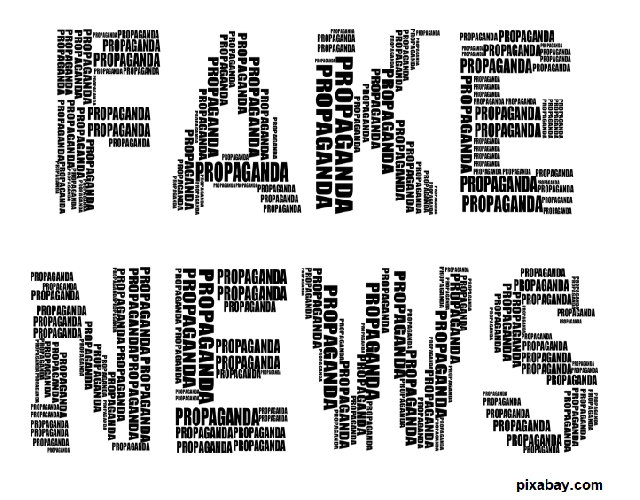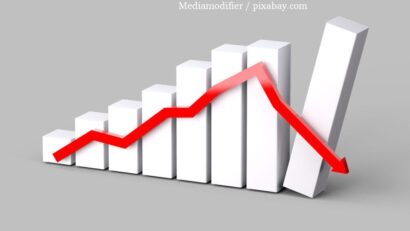Fake news in uncertain times
Diversion, misinformation, propaganda are words that have defined, over the years, what has now come to be called fake news.

Corina Cristea, 12.08.2022, 14:00
Diversion, misinformation, propaganda are words that have defined, over the years, what has now come to be called fake news. The phenomenon has gained momentum due to technological development, the diversification of the ways of mass communication and of the data transmission channels, the transition from the exclusivity of the print media to online media, blogging, social networks or vlogging being an extremely important factor in this dynamic process. The recipe is relatively simple: it involves fabricated information, presented in a distorted manner, often exaggerated, or taken out of context. Beyond the drama of a conflict situation, the war in Ukraine can be a case study from this perspective.
A guest of Radio Romania, Flavia Durach, a communication expert, spoke about fake news and explained to what extent this phenomenon is part of the war effort: “Fake news is largely part of the war effort of both sides in the conflict. In general, these techniques of disseminating information and controlling, getting a grip on the public space, on the information space, are related to what is called information warfare. However, as discouraging as it may seem, even if Ukraine is indeed making great communication efforts and has managed to gather the solidarity and support of the international community, this information warfare is frequently taking place beyond the borders of a military conflict area. It is unclear when such a war begins and ends. According to certain studies, such ‘information warfare’ actions have taken place since the annexation of Crimea and, moreover, we have been witnessing the emergence of certain narratives, which are aligned with the Kremlins objectives, policies, and interests, in many Western, democratic spaces, and these narratives reach vulnerable populations and groups. That is why I believe that, from the point of view of information, the fight will not end anytime soon and, depending on how resilient to disinformation societies are, the information warfare may have a more or less concrete impact.”
Infodemic has already proved its harmful character, and the period that we are going through globally, still marked by the pandemic, by war, by an energy crisis, and also by the effects of the economic crisis, is perfect for the spread of fake news. Even more, the existence of social networks makes it possible for anyone to publish and spread information quickly, by just one click, as large platforms provide a wide range of action. This conflict is the first war to practically occupy social networks, from the point of view of the information space, just as the Vietnam War was the first truly televised war, Flavia Durach explains. There are many fakes, images and video footages taken out of context, or sometimes out of video games, pieces of information that are hard to check, especially as there are many senders – ordinary people who share unverified information, alleged video testimonies from the conflict area, and speaking trumpets of the propaganda sources.
It is a communication mix that further complicates the situation, as Flavia Durach put it: “Some of the divisive arguments that were used during the pandemic, the same rhetorical techniques, are also used in the new context. We can identify similarities, including the idea of a masquerade or of an occult plan to control the population. We need to become aware of these rhetorical tools, to look at the big picture and not focus on one single social media post or case, or on rumors. Let’s follow the big picture, lets try not to post on social media under the influence of emotions. I encourage you, I encourage all listeners to look for as many and diverse sources as possible, not to rely solely on the news they receive on social media and to be aware that we cant possibly know the whole truth about this situation.”
All communication specialists draw attention to the danger of misinformation that is spreading especially in the online environment and emphasize that it is important for people to get their information from reliable sources.
Professor Bogdan Oprea, with the Faculty of Journalism in Bucharest, has made several recommendations: “First and foremost we should understand that the real news can be found on media platforms, we should not look for it on social networks. Social networks mix opinions, texts written in a journalistic manner, but their content can be completely or partially misleading. The social media is not a media institution and should not be subject to journalistic rules. The content we find on these networks leaves room for manipulation and misinformation.” That is why, he went on to say, try to get your information from news sites, television, radio and the print media. (LS)






























